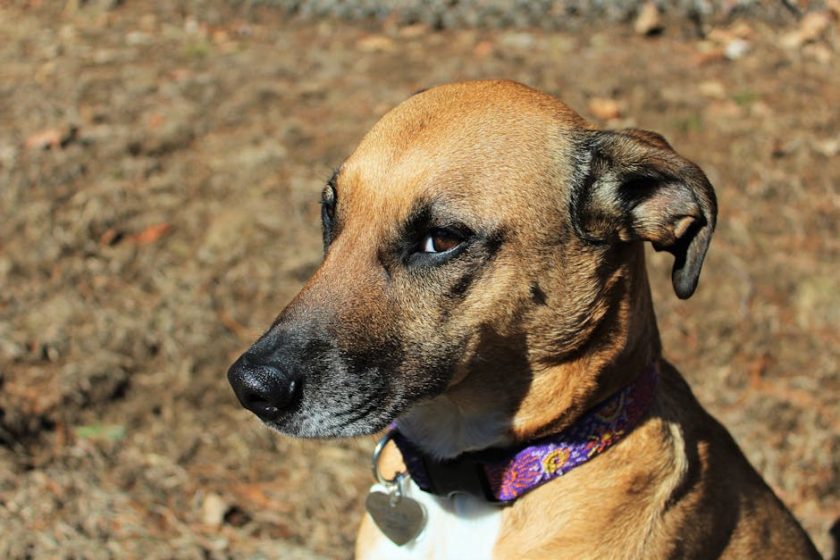Training your canine friend is not merely about teaching them tricks but also about fostering a harmonious relationship built on trust, respect, and unwavering loyalty. Whether you're a first-time dog owner or an experienced pet parent, these essential training tips will guide you on the path to success, transforming your pooch into a well-behaved and delightful companion.
**1. Start Early, Start Consistently**
Puppies are like sponges, eagerly absorbing information and developing habits. Begin training as early as eight weeks, establishing a consistent routine that reinforces desired behaviors. Patience and repetition are key, as it takes time for puppies to grasp commands and expectations.
**2. Use Positive Reinforcement**
Rewarding good behavior is far more effective than punishing bad behavior. Offer treats, praise, or playtime as rewards for desirable actions. Avoid physical punishment, as it can damage your bond with your dog and lead to fear or aggression.
**3. Keep Sessions Short and Sweet**
Training sessions should be brief and engaging to maintain your dog's attention. Aim for 5-15 minute intervals, gradually increasing the duration as your dog progresses. Avoid overwhelming your furry friend with too much information at once.
**4. Use Clear Commands and Gestures**
Consistency is crucial in training. Choose specific words or phrases for each command and stick to them. Use hand gestures or body language to reinforce verbal cues, making communication clear and unambiguous.
**5. Socialize Your Dog**
Expose your dog to various people, places, and experiences to help them develop confidence and learn how to behave appropriately in different situations. Controlled socialization from a young age prevents fear or reactivity towards strangers or unfamiliar environments.
**6. Practice Leash Training**
Start leash training early to prevent pulling and ensure safe and enjoyable walks. Teach your dog to walk calmly beside you, using treats or verbal cues to reward good behavior. Loose-leash walking promotes obedience and control in all environments.
**7. Teach Basic Commands**
The foundation of dog training lies in teaching basic commands such as sit, stay, come, and heel. These commands provide a framework for communication and help establish boundaries. Use positive reinforcement, patience, and repetition to train these essential skills.
**8. Exercise Your Dog Regularly**
Physical exercise is crucial for a dog's well-being, both physically and mentally. Providing ample opportunities for exercise helps curb destructive behaviors, reduce boredom, and strengthen the bond between you and your canine companion.
**9. Seek Professional Help When Needed**
If you encounter challenges or difficulties during training, do not hesitate to seek professional guidance. Certified dog trainers can provide personalized advice, identify underlying issues, and develop tailored training plans to address your specific needs.
**10. Be Patient and Consistent**
Dog training is a journey that requires patience, consistency, and unwavering love. Celebrate your dog's successes, learn from any setbacks, and never give up on your furry friend. A well-trained dog is a joy to be around, bringing immeasurable happiness and companionship to your life.

